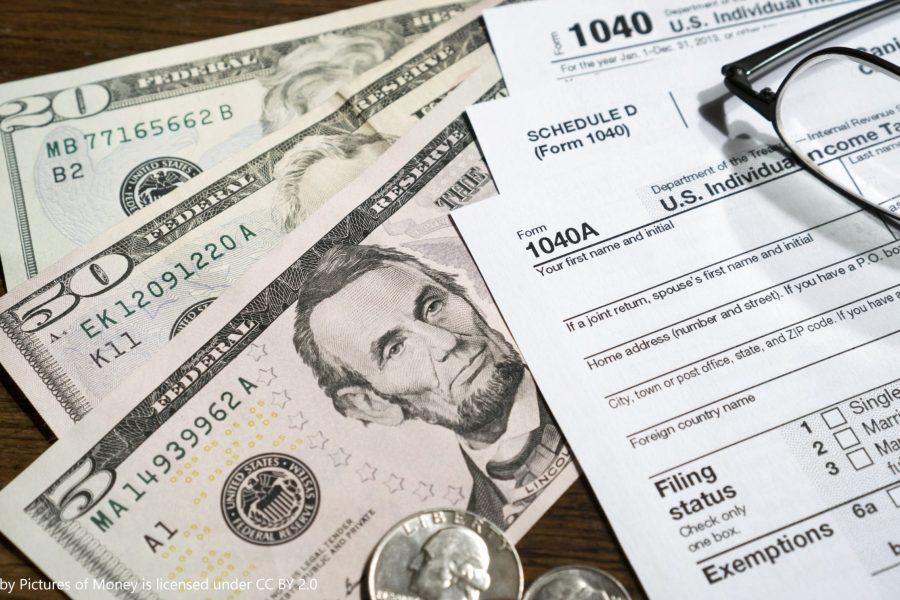Last week, the nonpartisan Legislative Analyst’s office (LAO) released its fiscal outlook for 2021, which is traditionally the start of the debate over next year’s state budget.
Unexpectedly, California finds itself sitting on a $26 billion windfall according to the LAO, attributed to “results from revisions in prior- and current-year budget estimates.” It cautions that the surplus is “entirely one time.”
Thanks to continued stock market growth despite the Covid-19 and a “V-shaped” economic recovery following Covid-19, the LAO says, “recent data on actual tax collections and program caseloads have been consistent with a more positive economic picture, especially among high-income Californians.”
As a result, the state has collected income, sales, and capital gains taxes at 22 percent higher pace, or $11 billion, than estimated in the enacted 2020-21 state budget. And pressure for new spending is down as “data on new applications for safety net programs, like Medi-Cal and CalFresh, in the first few months of 2020-21 . . . have been below 2019-20 levels.”
One result of this good budget news is that it should end calls for Congress to bailout California. Gov. Gavin Newsom has been strongly supporting efforts by Speaker Pelosi for a $1 trillion state and local government bailout. Senate Majority Leader Mitch McConnell has repeatedly rejected a massive bailout, and one won’t be coming any time soon with Republicans likely to still control the U.S. Senate.
Nor should they enact one. Dr. Wayne Winegarden, PRI senior fellow in business and economics, argues that “the more we waste money on supporting (programs like a $1 trillion state and local bailout), the harder it is for the federal response to serve its proper role.”
He also notes that, “the more we waste money on these irrelevant programs, the larger the hangover will be for our efforts to get the national debt under control and help the economy fully recover.
Winegarden says that, “previous (Covid-19 relief) bills have earmarked money in all sorts of wasteful ways, and for some necessary programs.” Instead of writing another blank check, he says Congress should reallocate the trillions in unspent funds from prior Covid-19 relief bills, “to focus on the people who are struggling and require the relief now.”
Despite the $26 billion windfall, Newsom faces a tricky 2021-22 budget path. The LAO notes that a structural budget deficit looms starting next year, growing to $17 billion by 2024-25 absent responsible budget action now. It recommends that lawmakers set aside half of the surplus in budget reserves to get ahead of the looming deficit, while spending the rest on one-time, Covid-19-related needs.
Most importantly, it cautions that, “the budget cannot afford any new ongoing augmentations.”
This warning is already falling on deaf ears in the Legislature. Assembly Speaker Anthony Rendon said that, “in light of the revenue analysis of the Legislative Analyst’s Office, it should be our priority to restore funds to critical programs that were cut and prevent additional cuts.” Rendon outlines “respond(ing) to the climate crisis” among his priorities.
To counter the looming deficit, expect liberal lawmakers to again push proposals like a wealth tax, a “tax on the rich” or new “sin taxes,” rather than embrace spending discipline.
The course Newsom should chart is clear. Instead of asking “Aunt Nancy” for billions in new cash from Washington, he should channel his “inner Jerry Brown” – spend responsibly, focus on priorities like Covid-19 response and economic recovery, and stand firm against big tax and spenders in the Legislature. We’ll see what path Newsom takes when he releases his budget on January 10.
Tim Anaya is the Pacific Research Institute’s senior director of communications and the Sacramento office.


